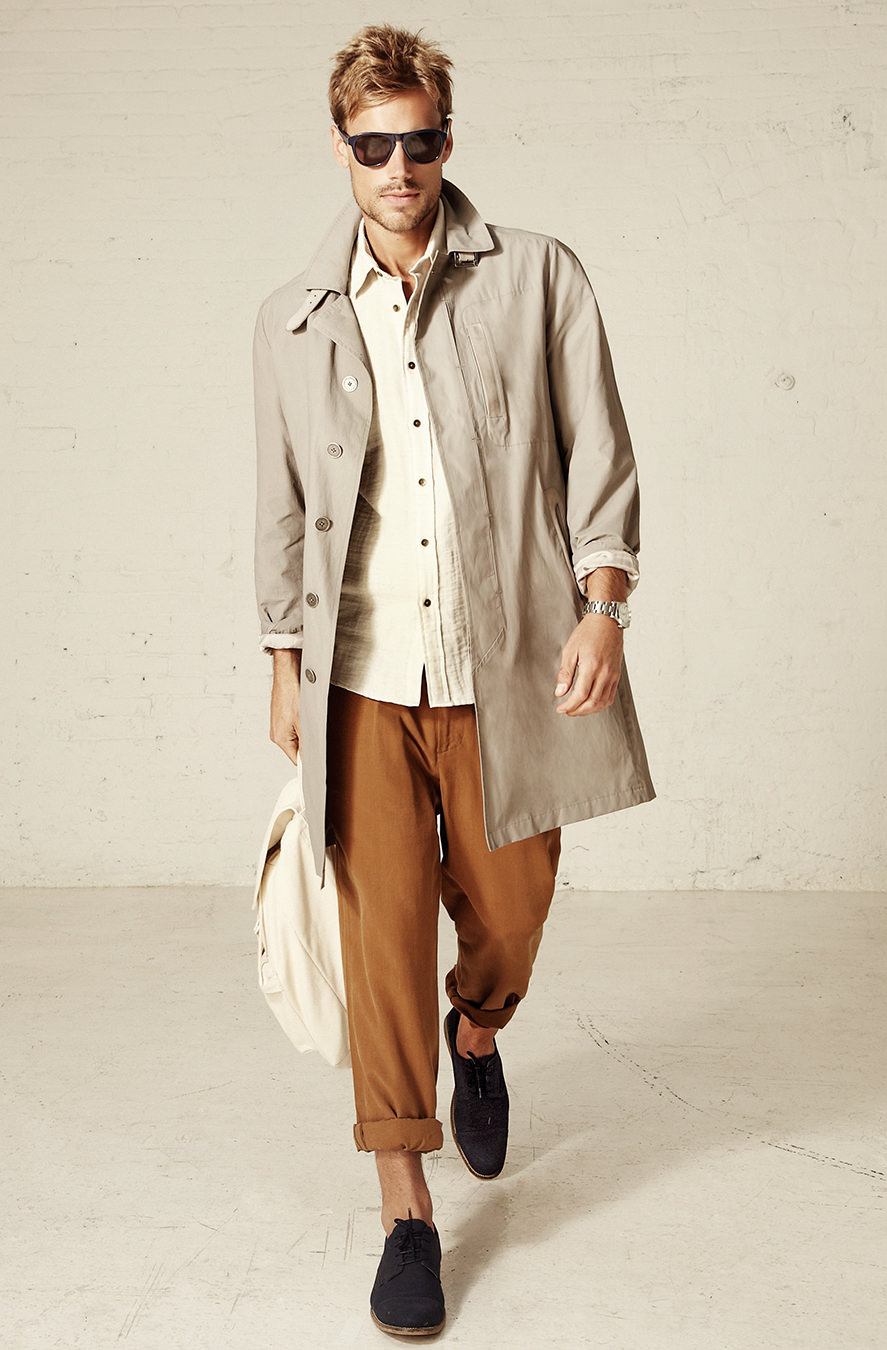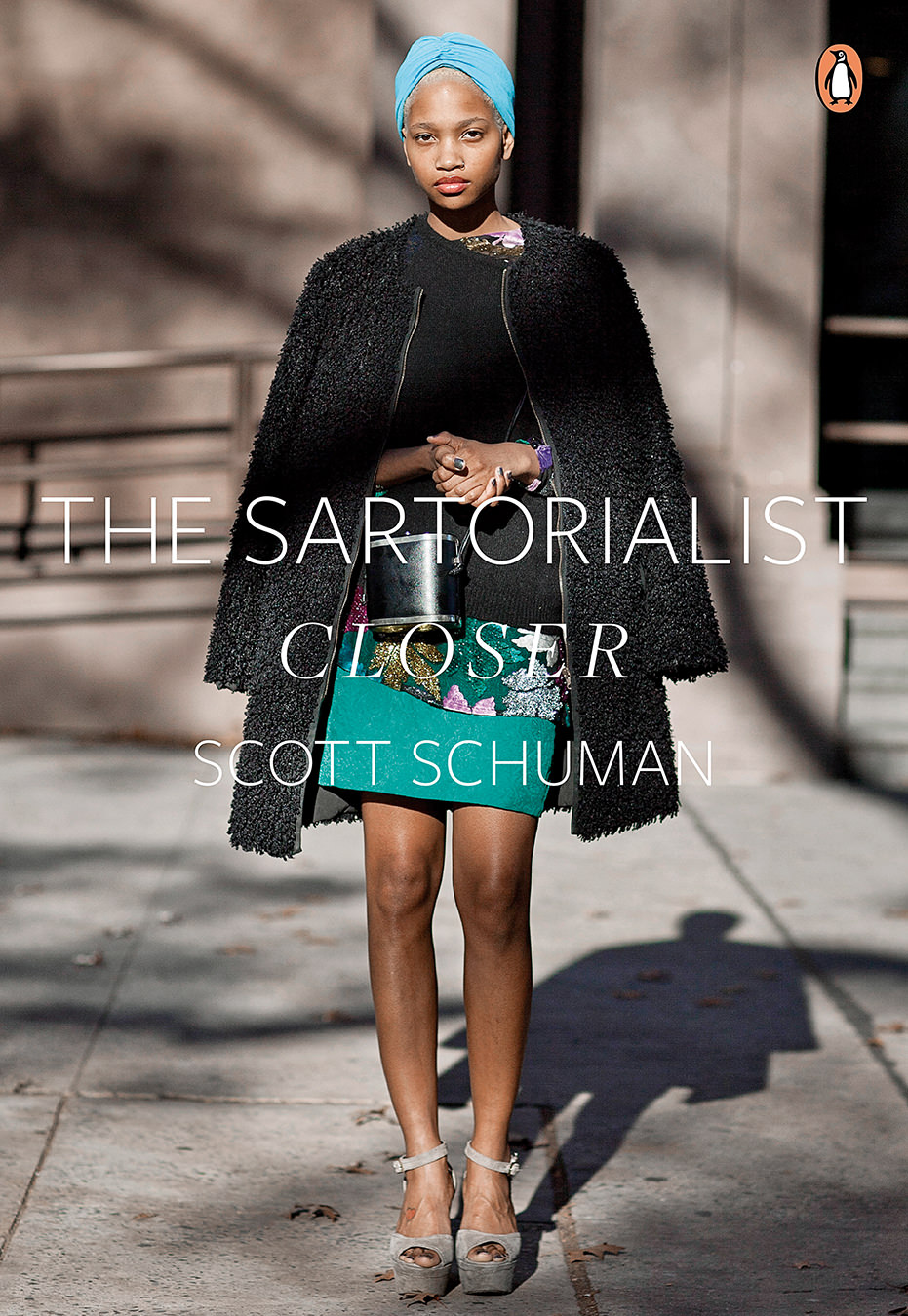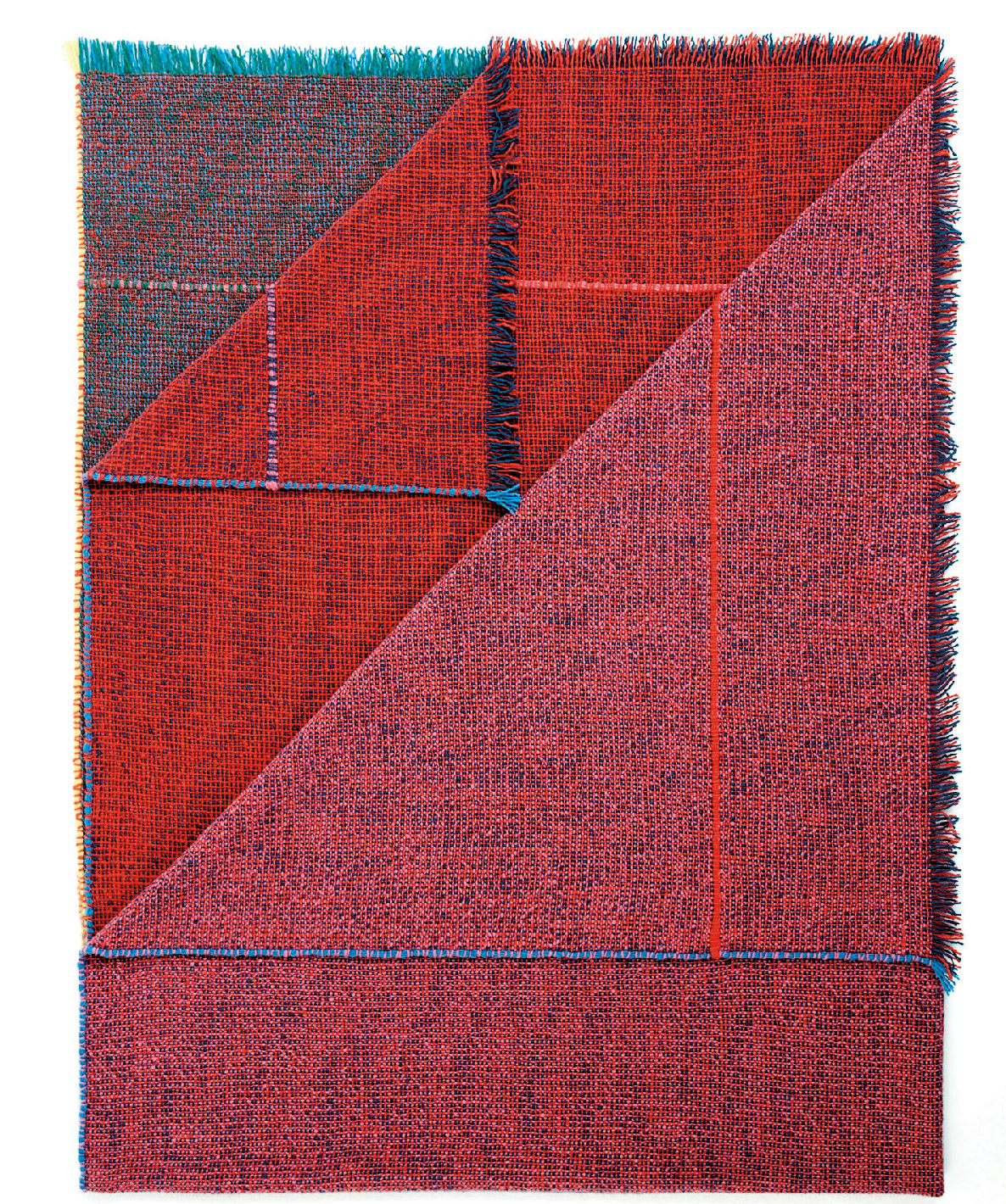Anián Debuts a Collaboration With the Ocean Legacy Foundation
Circular salvage.
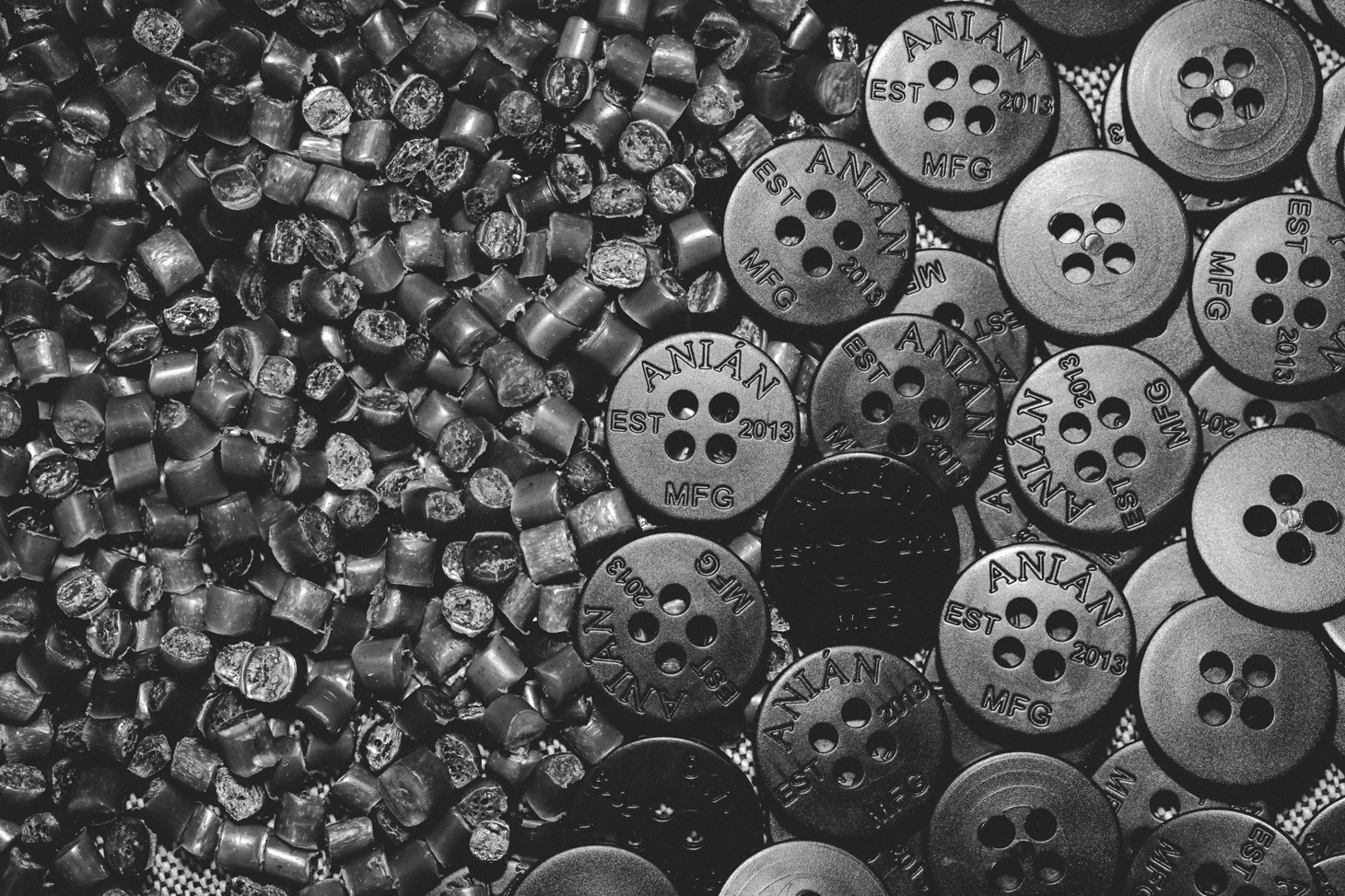
It is estimated that over the lifespan of a new item of clothing, it may be worn only seven to eight times; every year, in Canada, a person will throw away 37 kilograms of textiles; and each day somewhere around eight million pieces of plastic waste make their way into the ocean. The sheer scale of these issues is hard to comprehend, and even harder to act upon, which can make them seem impossible to tackle. Look closer, however, and there are brands, nonprofits, and individuals working to these trends.
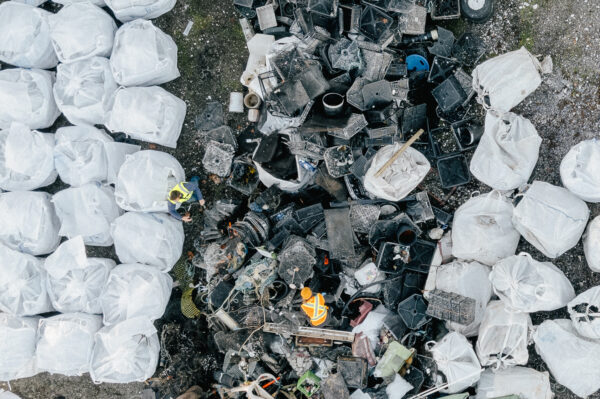
At the heart of the matter is the fact that fast fashion, long targeted as an environmental disaster, necessitates clothes that wear out quickly and are subsequently discarded to be replaced with new designs that are released almost every day. When he started his clothing brand in 2013, Paul Long wasn’t interested in that business model. “The best piece of clothing you have is the piece you already have. So it was with that mindset that this whole circular model sort of came into fruition from a clothing standpoint. Now as the brand has grown, that same basic idea has still stuck with us,” he says.
The brand he is talking about is Anián, a clothing company based in Victoria that uses recycled fibres from landfills, giving utility to fabrics that have been discarded before their time. Anián is a circular business, which the Harvard Business Review describes as an organization “in which businesses create supply chains that recover or recycle the resources used to create their products. Shrinking their environmental footprint, trimming operational waste, and using expensive resources more efficiently are certainly appealing to CEOs.” For Long and other proponents of circular business, keeping discarded products out of the landfill is not enough: “There has to be a reintroduction into the system.”
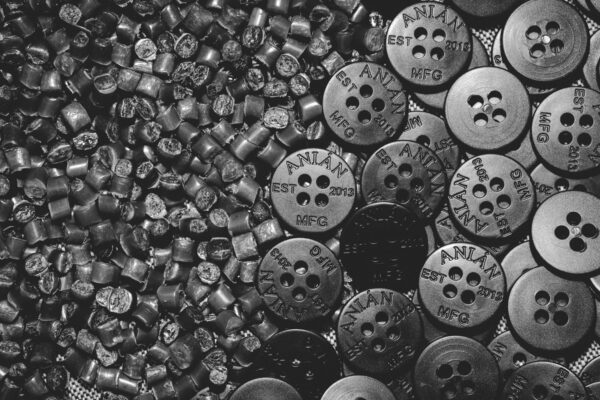
The latest reintroduction from Anián is the Denman shirt, a collaboration with the nonprofit Ocean Legacy Foundation in Richmond, B.C. OLF is dedicated to ending the troubling increase in plastic waste that finds its way into our oceans and restoring the landscapes and livelihoods that have been affected as a result. One such effort is the use of plastic oyster trays, a crucial component of B.C.’s oyster-farming trade, into buttons for the Denman shirt, which marks between these two organizations who pursue the same goal in different fields.
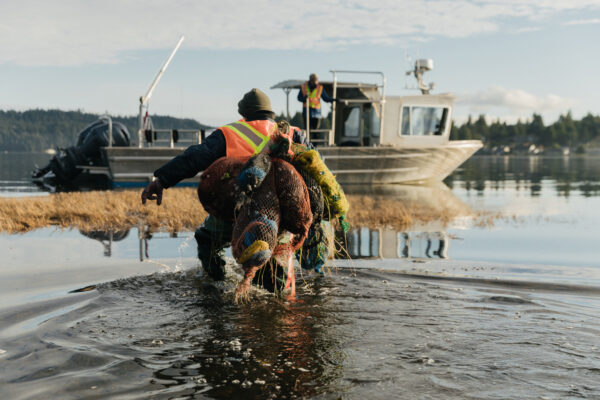
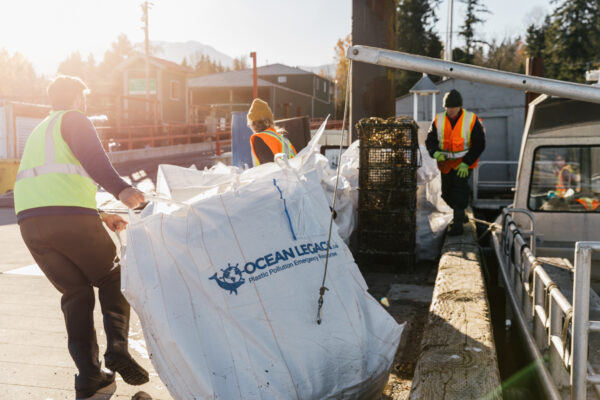
For Long, the two Anián and the OLF are mirrors. “You know, a lot of it has to do with our understanding of our resource management. Because at Anián, we look at what mainstream clothing manufacturing would look at as ‘no value added.’ And that’s where our story begins. So in that same instance, where [the OLF] story starts, the trash is literally on your beach and people are like, ‘This is garbage.’ But it’s not garbage. We just need to look at it differently.”
This outlook, the search not for the most profitable outcome but the one that makes the most sense for the environment, both in general and specifically to a location, has been a guiding principle since the beginning of Anián. In the era of hyperconsumerism, it is an interesting proposition to create a garment designed to last and, as a result, a company that is not explicitly seeking repeat customers. It was Long’s own life experience that showed him there was a different path for clothing companies.
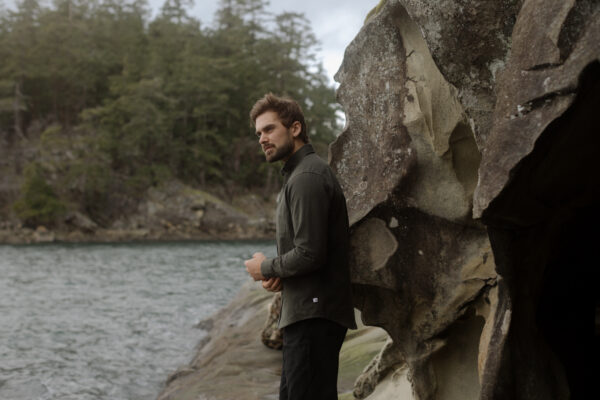
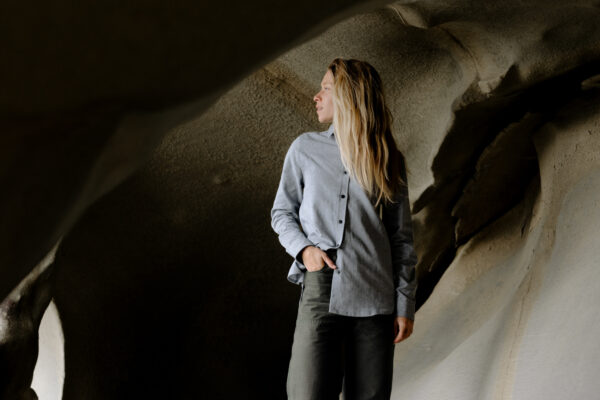
“I own a navy issue peacoat that I’ve owned for 15 or 20 years. There’s nothing wrong with it. I can wear it out in the pouring rain. I’ve taken it on surf trips through the North Island. I’ve taken it to the Interior. It’s bulky. But it is the same condition as when I bought it from an army surplus store,” he says. “It was that product that made me wonder, you know, why am I going through two to three outdoor coats, and my peacoat is still exactly how I found it when I bought it?”
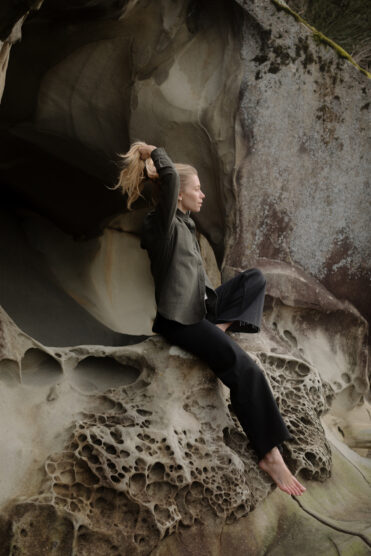
With the OLF collaboration, Anián is building upon this realization with a product that is built to last and reintroduces a waste product back into use—a true full-circle moment. It is also offering an alternative to ubiquitous mass-produced garments and embracing slow fashion. As the author and professor Kate Fletcher wrote in The Ecologist in 2007, “Slow fashion is about designing, producing, consuming, and living better. Slow fashion is not time-based but quality-based (which has some time components). Slow is not the opposite of fast—there is no dualism—but a different approach in which designers, buyers, retailers, and consumers are more aware of the impacts of products on workers, communities, and ecosystems.”
For Anián, slow fashion is not only a theory but also a business model.
Photography by Taylor Burk.


